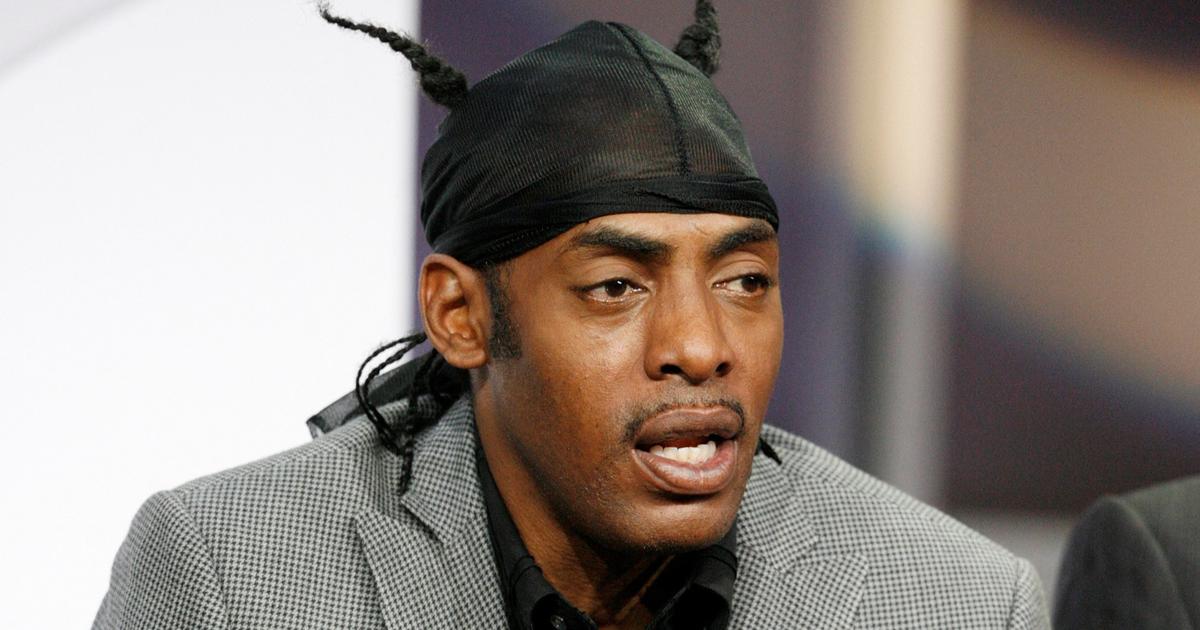American rapper Coolio died of an accidental overdose of fentanyl, we learned on Thursday April 6 from a medical source.
Known for his 1995
song
Gangsta's Paradise , Artis Leon Ivey Jr died in September 2022 at the age of 59 at the home of a friend in Los Angeles.
The medical examiner's report released Thursday by Los Angeles County claims the Grammy-winning musician died of a fentanyl overdose and adds that the musician suffered from heart disease and asthma.
He had also taken phencyclidine, or PCP, a psychedelic drug that can cause serious mental or emotional disturbances shortly before, according to the same source.
Jarez Posey, Coolio's longtime friend and manager, told celebrity news site TMZ at the time that Coolio was found unconscious in a friend's bathroom and pronounced dead at the scene.
World renown
Coolio began his rap career in California in the late '80s, but shot to worldwide fame in 1995 when he released "
Gangsta's Paradise
" for the soundtrack to the movie "
Dangerous Minds
."
He received the Best Rap Solo Performance award for the track at the Grammy Awards the following year.
The song sold millions of copies worldwide, becoming Billboard's number one song in 1995.
The United States has crossed a record of more than 100,000 deaths in one year (April 2020 - April 2021).
Fentanyl is often involved: it is a powerful and dangerous synthetic opioid, sometimes mixed with heroin or cocaine, a cocktail that killed the star of the cult series The Wire, Michael K. Williams , September 6, 2021.

